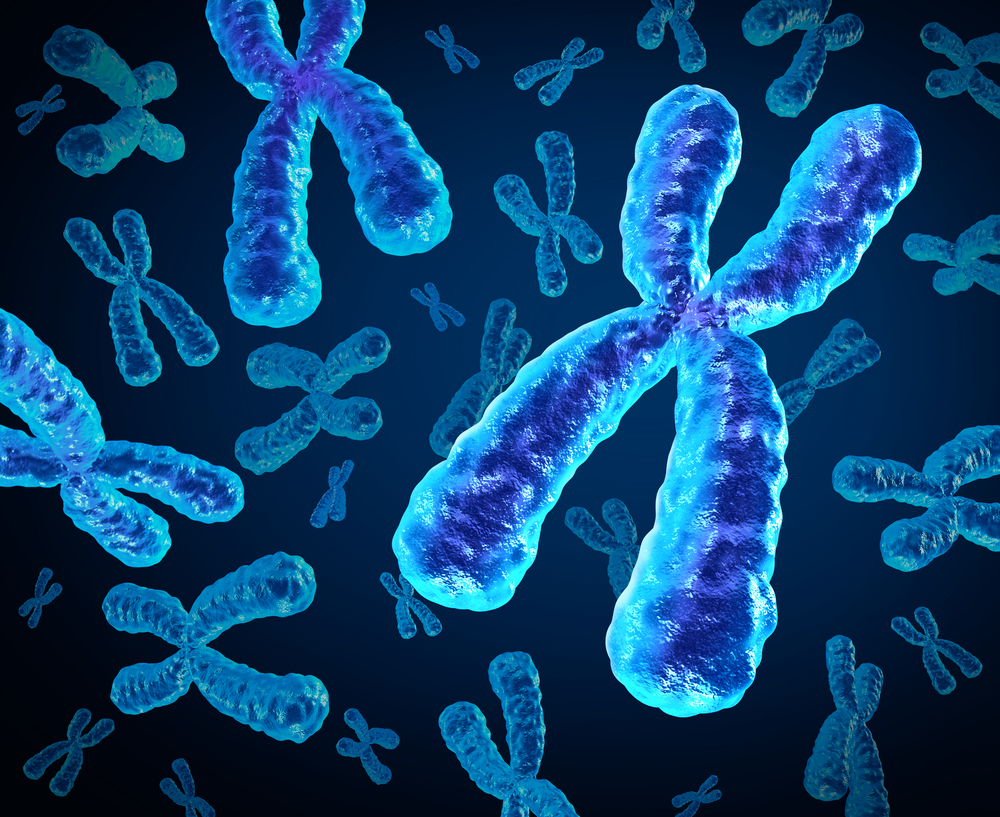In a new study entitled “Age and Obesity Promote Methylation and Suppression of 5α-Reductase 2: Implications for Personalized Therapy of Benign Prostatic Hyperplasia” and published in The Journal of Urology, researchers investigated whether obesity and age affects benign prostatic hyperplasia patients’ response to current therapies, specifically to the combined treatment of alpha-blockers with 5α-reductase inhibitors. They discovered that obesity and age are two indepdenent predictors of failure to therapy response.
Benign prostatic hyperplasia (BPH) is a noncancerous enlargement of the prostate gland and often occurs in elderly men leading to lower urinary tract symptoms (LUTS). Current therapies for BPH include combining an alpha-blocker (pharmacological agents that act as receptor antagonists of α-adrenergic receptors) and 5α-reductase inhibitor (5ARI), a class of drugs with antiandrogen effects, i.e., that counteract the effects of androgens (male sex hormones). However, despite combined therapy significantly reducing the risk of clinical progression, a fraction of patients (up to 30%) fail to respond to this type of therapy.
Following previous findings that a third of adult men do not express an enzyme belonging to the 5α-reductase family (specifically the 5α-reductase type 2) the team investigated the possible mechanisms responsible for 5α-reductase type 2 silencing and searched for links with epidemiological factors, including age and obesity. As such, researchers analyzed prostate samples from 104 patients who underwent transurethral resection of the prostate for symptomatic BPH. The team determined the expression of 5α-reductase type 2 protein and the methylation status of its coding gene (5AR2 gene), since methylation (an epigenetic mechanism) is one of the most common methods to regulate gene expression.
The authors found that increased body mass index (BMI, a parameter for determining body fat based on height and weight) and age are associated with increased 5AR2 gene methylation and a decreased expression of 5α-reductase type 2 protein in BPH samples of symptomatic patients. These results suggest a possible explanation as to why a subset of BHP patients resists to 5ARI therapy, highlighting the important interplay between obesity, age and gene regulation. Additionally, the team noted that characterizing the epigenetic signature of BPH prostate samples will allow clinicians to choose a more appropriate therapy for their patients.

